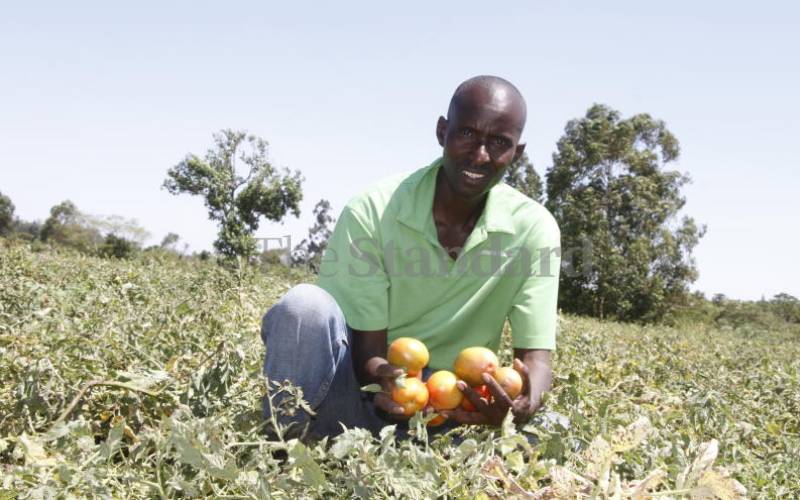×
The Standard e-Paper
Smart Minds Choose Us

From the 1970s, Kendege village in Kuria East, was known for conflict and insecurity.
The bushy land was a hideout for thugs who would attack community members. It separates Nyabasi and Bukira clans, and so was also a source of conflict over grazing land.